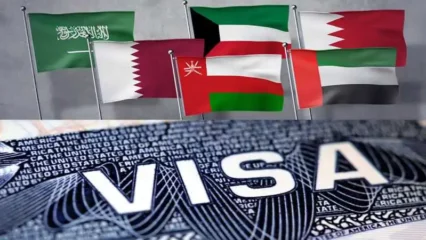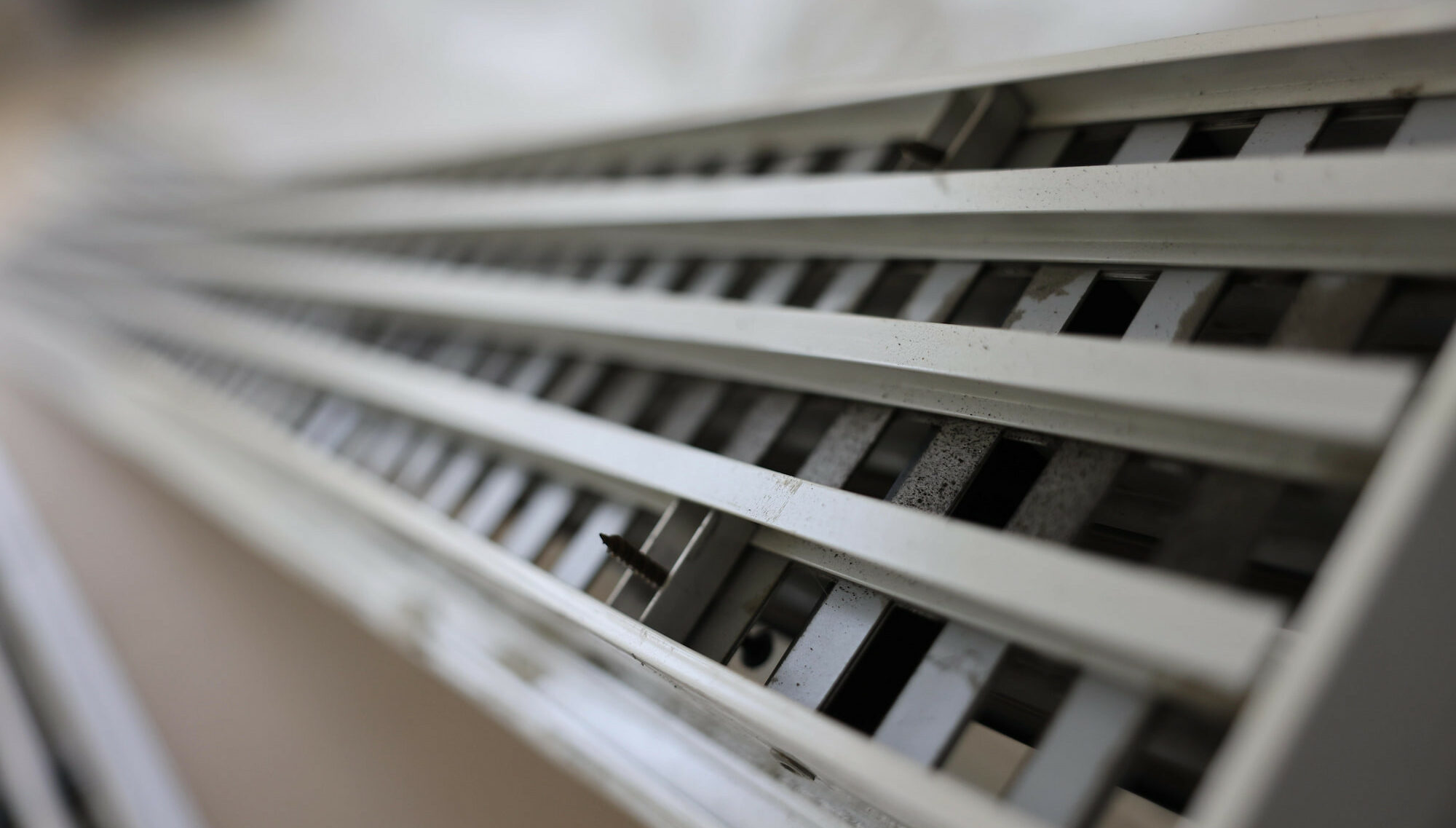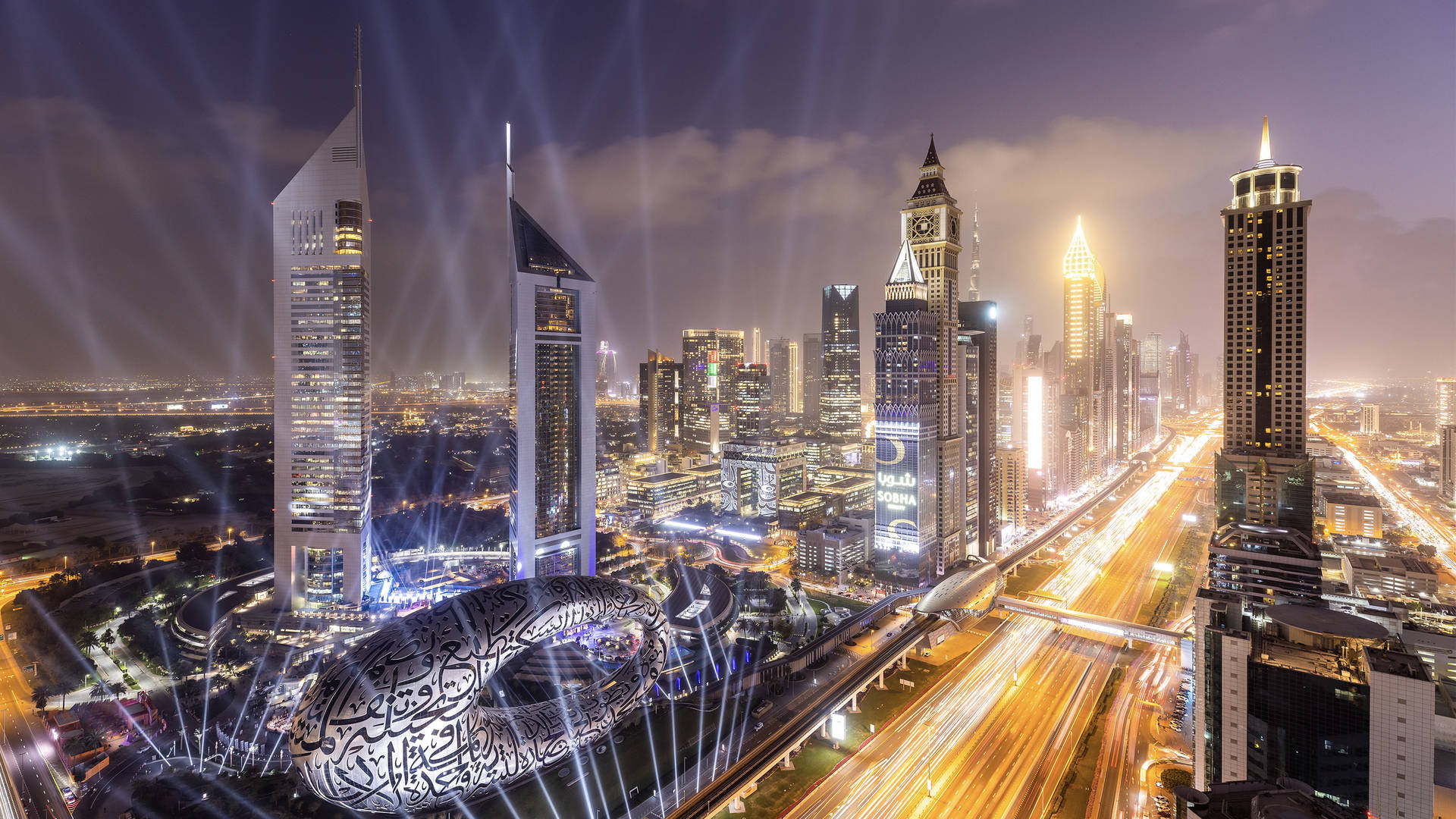Using Air Conditioning at Home in the UAE During Summer
Summer in UAE is no joke—stepping outside feels like walking into an oven, with temperatures soaring past 40°C and humidity that can make even a short stroll feel unbearable. Your air conditioner is your best friend during these months, turning your home into a cool sanctuary. But running it efficiently in the UAE’s extreme climate takes a bit of know-how. This guide will walk you through the ideal temperature settings, practical do’s and don’ts, and maintenance tips to keep your AC humming smoothly, saving you money and keeping you comfortable all summer long.
Optimal Temperature Settings
To balance comfort, energy efficiency, and cost in the UAE’s intense summer heat, aim for these temperature settings:
- Recommended Temperature: Set your AC to 24–26°C (75–78°F). This range keeps your home comfortable while minimizing energy consumption. According to the Dubai Electricity and Water Authority (DEWA), setting your AC to 24°C can save up to 20% on energy bills compared to lower settings like 18°C.
- Nighttime Adjustment: At night, increase the temperature by 1–2°C (e.g., 25–27°C) to save energy while maintaining comfort, as your body requires less cooling during sleep.
- Smart Thermostats: Consider using a programmable or smart thermostat to adjust temperatures automatically when you’re away or asleep, optimizing energy use.
Do’s and Don’ts While Using Your AC
Proper habits can enhance your AC’s efficiency, reduce energy costs, and improve indoor air quality. Here’s what to do and avoid:
Do’s
- Close Curtains and Blinds: Block out direct sunlight by closing curtains, blinds, or shutters, especially on windows facing the sun. This reduces the heat entering your home, easing the load on your AC.
- Seal Gaps and Insulate: Check for and seal gaps around windows, doors, and vents to prevent cool air from escaping and hot air from entering. Use weatherstripping or caulk for a tight seal.
- Use Ceiling Fans: Run ceiling fans in a counterclockwise direction to circulate cool air more effectively, allowing you to set the AC temperature slightly higher without sacrificing comfort.
- Keep Vents Clear: Ensure furniture, curtains, or other objects don’t block AC vents, as this restricts airflow and reduces efficiency.
- Turn Off When Away: If you’re leaving for more than an hour, turn off the AC or set it to a higher temperature (e.g., 28°C) to save energy.
- Use Energy-Saving Mode: Many modern AC units have an eco or energy-saving mode that optimizes cooling cycles to reduce power consumption.
- Purchase an Air Deflector: Install an air deflector on wall-mounted or ceiling AC units to direct cool air downward and across the room. This prevents cold air from blowing directly on occupants and ensures even cooling, improving comfort and efficiency.
Don’ts
- Don’t Set Extremely Low Temperatures: Setting your AC below 22°C strains the unit, increases energy bills, and may not cool your home faster. AC units work most efficiently at moderate settings.
- Avoid Frequent On/Off Cycling: Turning your AC on and off repeatedly consumes more energy than maintaining a steady temperature. Let the unit run consistently at the recommended setting.
- Don’t Ignore Humidity: High humidity can make your home feel warmer. Use a dehumidifier alongside your AC or ensure your unit has a dehumidifying function to maintain comfort.
- Don’t Neglect Filters: Dirty filters reduce airflow, lower efficiency, and degrade indoor air quality. Clean or replace filters every 1–2 months during summer.
- Avoid Blocking Outdoor Units: Keep the outdoor condenser unit free from debris, plants, or obstructions to ensure proper heat dissipation.
Maintaining Your Air Conditioner
Regular maintenance is critical in the UAE’s dusty and hot climate to keep your AC running efficiently and avoid costly repairs. Follow these steps:
Regular Cleaning
- Clean Filters Monthly: Remove and wash reusable filters with mild soap and water, or replace disposable ones. Dusty filters are common in the UAE due to sand and dust storms.
- Wipe Down Vents and Indoor Unit: Use a damp cloth to clean dust from vents and the indoor unit’s exterior to maintain airflow and hygiene.
- Clear Outdoor Unit: Remove dirt, leaves, or sand from the outdoor condenser unit. Hose it down gently if needed, but avoid high-pressure water that could damage components.
Professional Servicing
- Schedule Annual Maintenance: Hire a certified technician before summer (ideally in April or May) to inspect and service your AC. They’ll check refrigerant levels, clean coils, and ensure electrical components are functioning.
- Check Drainage: Ensure the AC’s drain pan and pipe are clear to prevent water buildup, which can cause leaks or mold growth in humid conditions.
- Inspect Ducts (if applicable): For central AC systems, have ducts inspected for leaks or dust accumulation, which can reduce efficiency.
Energy-Saving Tips
- Upgrade to Inverter Technology: If replacing an old unit, choose an inverter AC, which adjusts compressor speed to save energy compared to traditional units.
- Check Insulation: Ensure your home’s insulation is adequate, especially in walls and the attic, to prevent heat gain.
- Use DEWA’s Guidelines: Follow DEWA’s energy-saving recommendations, such as using energy-efficient AC units with high EER (Energy Efficiency Ratio) ratings.
Additional Tips for UAE Summers
- Stay Hydrated: Even with AC, the UAE’s heat can be dehydrating. Drink plenty of water to stay healthy indoors.
- Monitor Bills: Track your electricity usage via DEWA or SEWA (Sharjah Electricity and Water Authority) apps to identify patterns and adjust habits if bills spike.
- Consider Solar Power: If feasible, explore solar-powered AC systems or solar panels to offset electricity costs, as the UAE has abundant sunlight.
Conclusion
Surviving the UAE’s summer is all about making your air conditioner work smarter, not harder. By sticking to a comfortable 24–26°C, adopting simple habits like closing blinds and cleaning filters, and scheduling regular maintenance, you’ll keep your home cool, your energy bills in check, and your AC unit in top shape. With these tips, you can transform your home into a refreshing retreat from the desert heat, letting you enjoy the summer months in comfort and peace of mind.
Having the right payment infrastructure in place makes a big difference. With Payoneer cross-border payments, UAE businesses finally have a digital payment solution to help them operate across borders.
 Top 5 Notarial Services Most Businesses in Dubai Use Every Year
Top 5 Notarial Services Most Businesses in Dubai Use Every Year
If you’re planning to build or scale a company in Dubai, working with a notary will become a routine part of your legal and administrative process.
 GCC Unified Tourist Visa: A New Era in Regional Travel
GCC Unified Tourist Visa: A New Era in Regional Travel
The Gulf Cooperation Council (GCC) is set to launch a groundbreaking initiative aimed at transforming regional tourism: the Unified Tourist Visa. This single-entry visa will allow travelers to visit all six GCC member countries with one single permit.
 Fire Safety Tips for Living in the UAE During Summer
Fire Safety Tips for Living in the UAE During Summer
Recent fire incidents in Dubai Marina’s skyscrapers underscore the need for proactive fire safety measures. Here are essential tips to stay safe during the UAE’s scorching summer, along with a look at notable fire cases in Dubai Marina over recent years.
Recent fire incidents in Dubai Marina’s skyscrapers underscore the need for proactive fire safety measures. Here are essential tips to stay safe during the UAE’s scorching summer, along with a look at notable fire cases in Dubai Marina over recent years.
This guide provides detailed insights into Dubai Mall’s parking zones, fees, exemptions, and the best entry and exit strategies to ensure a seamless visit. Whether you’re heading for luxury shopping, a movie, or the Dubai Fountain, we’ve got you covered.
From the iconic skylines of Dubai to the cultural charm of Sharjah and the tranquil beaches of Fujairah, here’s a curated guide to the best staycation spots in the UAE for 2025, perfect for residents and visitors alike.




